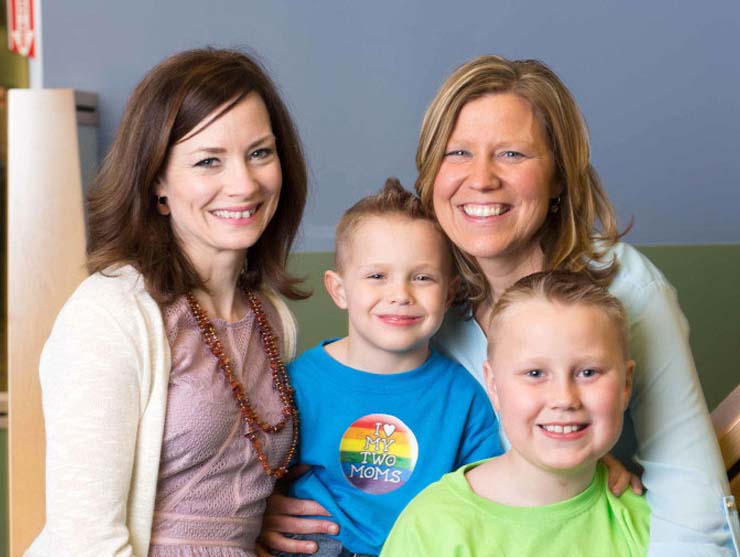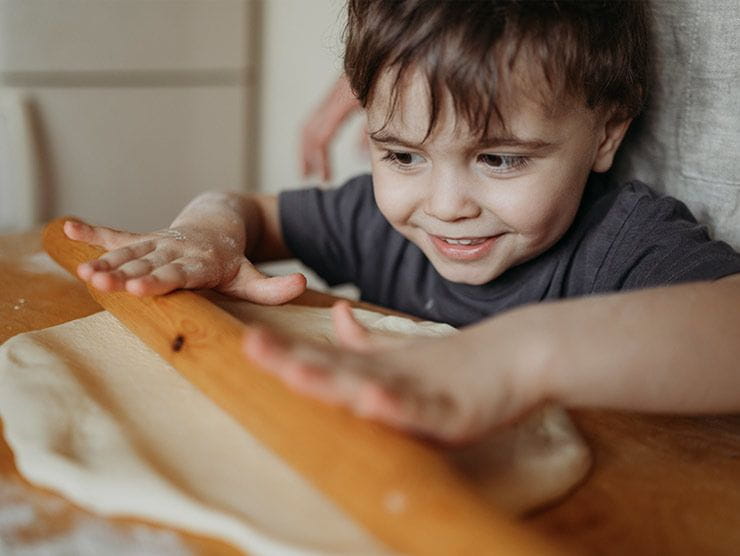Language Development Games for Kids
Parents intuitively foster language development through everyday moments of talking, singing, and reading to their children. Bright Horizons educational experts offer a few more intentional activities and games to help jumpstart language acquisition.
Language Games for Toddlers
Nursery Rhymes and Finger Plays. Young children delight in the rhythm of language and find comfort and interest in simple songs and poems, such as “Itsy, Bitsy Spider,” or “The Wheels on the Bus.” Sing nursery rhymes in the car, at bedtime or bath time, or during quiet moments. These activities build vocabulary and phonemic awareness, important pre-reading skills.
Serve and return. Respond to children’s interests by expressing enthusiasm and interest. Describe their interest, e.g., “Yes, you see the puppy. It’s running around the tree.”
Word Expansion. Young children tend to use one or two word sentences, e.g., “Me cup.” Or “Kitty.” Respond to early attempts at talking with a smile, encouraging nod, and expanded response. For example, “That is your cup. Do you want a drink?” or “Yes, there’s the kitty Pet her gently.” Try using signs for simple words if your child isn’t verbal. Say the word at the same time you use the sign.
Language Games for Preschoolers
Rhyming Games. Around the age of four, young children begin to become aware of phonemic awareness concepts, such as rhyming. Say, “Let’s see how many words we can think of that rhyme with the word “bat.” Or, see how many words you can think of that begin with the sound /b/.
Rubber Band Words. Say a simple word such as “gate” clearly. Now slowly say the word again, “stretching” it out so you say each sound distinctly. At the same time, move your hands apart like a rubber band stretching. Then snap your hands back together and say the word quickly.
Reading Magic. Perhaps more than any other activity, reading together has the power to build vocabulary and spark language development for children of all ages. Even thumbing through books independently can build language skills for a non-reading child. Make reading a regular tradition in your home and make it easily accessible by keeping books for all ages and magazines in various places, such as the car, the living room, and your child’s bedroom.
Speech and language development is individualized; some children are precocious talkers and develop a large vocabulary quickly. Others gain language more slowly. In general, though, most children understand more than they’re able to say. With these language games and activities, you can help your child’s language develop.
While each child develops language at his or her own rate, by the age of 15 months, most children have around ten words that they can speak or communicate using sign language. Please talk with your pediatrician if you have any concerns about your child’s speech. Delayed speech might indicate a need for speech therapy or other interventions.





